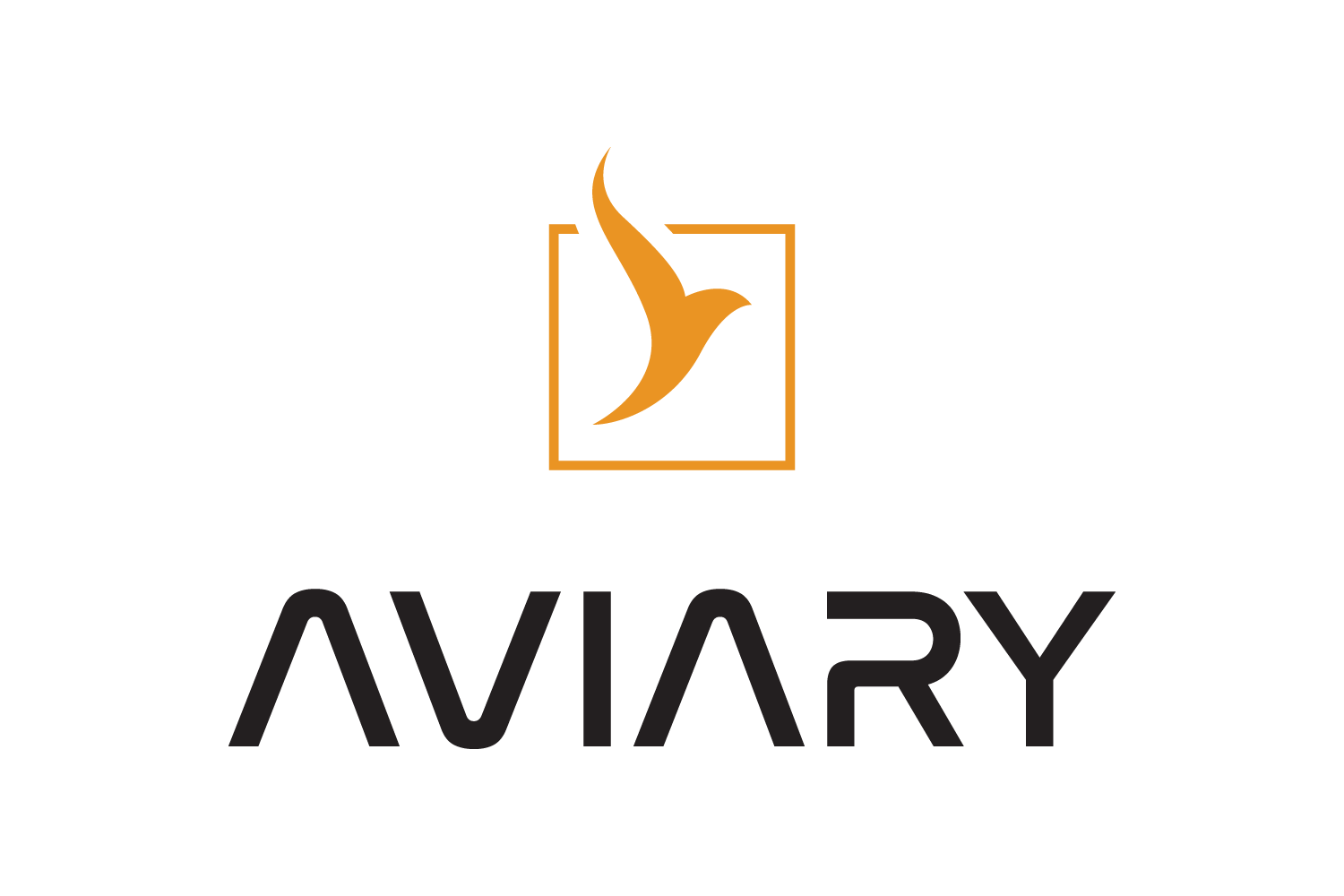import atexit
from contextlib import ExitStack
from pathlib import Path
from typing import Union
import importlib_resources
from aviary.utils.aviary_values import AviaryValues, get_items
from aviary.variable_info.enums import Verbosity
from aviary.variable_info.variable_meta_data import _MetaData
[docs]
def get_aviary_resource_path(resource_name: str) -> Path:
"""
Get the file path of a resource in the Aviary package.
Parameters
----------
resource_name : str
The name of the resource.
Returns
-------
path : Path
The file path of the resource.
"""
file_manager = ExitStack()
atexit.register(file_manager.close)
if resource_name:
ref = importlib_resources.files('aviary') / resource_name
else:
ref = importlib_resources.files('aviary')
path = file_manager.enter_context(importlib_resources.as_file(ref))
return path
top_dir = Path(get_aviary_resource_path(''))
[docs]
def set_aviary_initial_values(prob, aviary_inputs: AviaryValues):
"""
Sets initial values for all inputs in the aviary inputs.
This method is mostly used in tests and level 3 scripts.
Parameters
----------
prob : Problem
OpenMDAO problem after setup.
aviary_inputs : AviaryValues
Instance of AviaryValues containing all initial values.
"""
for key, (val, units) in get_items(aviary_inputs):
try:
prob.set_val(key, val, units)
except BaseException:
# Should be an option or an overridden output.
continue
[docs]
def convert_strings_to_data(input_string):
"""
convert_strings_to_data will convert a string or list of strings to usable data.
Strings that can't be converted to numbers will attempt to store as a boolean,
otherwise they are passed as is.
"""
# pack input_string into a list if it is not
# setup output list size
if isinstance(input_string, list):
islist = True
value_list = [0] * len(input_string)
else:
islist = False
input_string = [input_string]
value_list = input_string
for ii, dat in enumerate(input_string):
dat = dat.strip('[]')
try:
# if the value is a number store it as a float or an int as appropriate
# BUG this returns floats that can be converted to int (e.g. 1.0) as an
# int (1), even if the variable requires floats
value_list[ii] = int(dat) if '.' not in dat else float(dat)
except ValueError:
# store value as a boolean if it is a string that represents True or False
if dat.lower() == 'true':
value_list[ii] = True
elif dat.lower() == 'false':
value_list[ii] = False
else:
# if the value isn't a number or a boolean, store it as a string
value_list[ii] = dat
# unpack output value from list if it isn't supposed to be one
if not islist:
value_list = value_list[0]
return value_list
# Python 3.10 adds the ability to specify multiple types using type hints like so:
# "str | Path" which is cleaner but Aviary still supports older versions
[docs]
def get_path(path: Union[str, Path], verbosity=Verbosity.BRIEF) -> Path:
"""
Convert a string or Path object to an absolute Path object, prioritizing different locations.
This function attempts to find the existence of a path in the following order:
1. As an absolute path.
2. Relative to the current working directory.
3. Relative to the Aviary package.
If the path cannot be found in any of the locations, a FileNotFoundError is raised.
Parameters
----------
path : str or Path
The input path, either as a string or a Path object.
verbosity : Verbosity, optional
Sets level of printouts for this function.
Returns
-------
Path
The absolute path to the file.
Raises
------
FileNotFoundError
If the path is not found in any of the prioritized locations.
"""
# Store the original path for reference in error messages.
original_path = path
# If the input is a string, convert it to a Path object.
if isinstance(path, str):
path = Path(path)
# Check if the path exists as an absolute path.
if not path.exists():
# If not, try finding the path relative to the current working directory.
relative_path = Path.cwd() / path
path = relative_path
# If the path still doesn't exist, attempt to find it relative to the Aviary package.
if not path.exists():
if verbosity > Verbosity.BRIEF: # VERBOSE, DEBUG
print(
f"Unable to locate '{original_path}' as an absolute or relative path. "
'Trying Aviary package path.'
)
# Determine the path relative to the Aviary package.
aviary_based_path = Path(get_aviary_resource_path(original_path))
path = aviary_based_path
# If the path still doesn't exist, attempt to find it in the models directory.
if not path.exists():
if verbosity > Verbosity.BRIEF:
print(
f"Unable to locate '{aviary_based_path}' as an Aviary package path, "
'checking built-in models'
)
try:
hangar_based_path = get_model(original_path)
path = hangar_based_path
except FileNotFoundError:
pass
# If the path still doesn't exist in any of the prioritized locations, raise an error.
if not path.exists():
raise FileNotFoundError(
f'File not found in absolute path: {original_path}, relative path: '
f'{relative_path}, or Aviary-based path: '
f'{Path(get_aviary_resource_path(original_path))}'
)
# Print the path being used.
if verbosity > Verbosity.BRIEF:
print(f'Found {path}')
return path
[docs]
def get_model(file_name: str, verbosity=Verbosity.BRIEF) -> Path:
"""
This function attempts to find the path to a file or folder in aviary/models
If the path cannot be found in any of the locations, a FileNotFoundError is raised.
Parameters
----------
path : str or Path
The input path, either as a string or a Path object.
Returns
-------
aviary_path
The absolute path to the file.
Raises
------
FileNotFoundError
If the path is not found.
"""
# Get the path to Aviary's models
aviary_path = Path(get_aviary_resource_path(str(Path('models', file_name))))
# Check if provided path is valid
if aviary_path.exists():
return aviary_path
# otherwise check models folder contents
else:
from glob import glob
contents = glob(str(get_aviary_resource_path('models') / '**'), recursive=True)
close_match = None
for item in contents:
item = Path(item)
# check if full filepath, file name with extension, or just file (or folder) name
# matches target
if aviary_path == item or aviary_path.name == item.name:
return item
elif aviary_path.stem == item.stem:
close_match = item
if close_match is not None:
# Probably requested the wrong file extension.
return close_match
# If the path doesn't exist, raise an error.
raise FileNotFoundError("File or Folder not found in Aviary's hangar")
